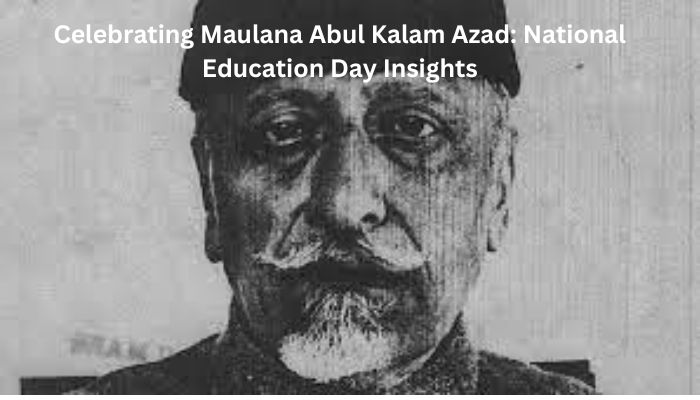National Education Day, observed annually on November 11, pays tribute to Maulana Abul Kalam Azad, India’s inaugural education minister and a pivotal figure in the nation’s independence movement. Born on November 18, 1888, Maulana Azad was not only a freedom fighter but also a renowned scholar and leader of the Indian National Congress.
Azad’s profound influence on India’s education landscape is commemorated through National Education Day. As the education minister from August 15, 1947, to February 2, 1958, he played a key role in shaping post-independent India’s educational framework. Among his significant contributions were the establishment of crucial educational bodies like AICTE and UGC, along with the founding of the first Indian Institute of Technology – IIT Kharagpur.
To honor Maulana Azad’s legacy, National Education Day focuses on celebrating his initiatives, such as the promotion of education for rural communities and girls, adult literacy programs, and the advocacy for free and compulsory education for children up to the age of 14. Azad’s vision encompassed universal primary education, the diversification of secondary education, and vocational training.
The occasion is marked by educational institutions organizing various programs, seminars, and workshops. Competitions, including essays, speeches, and poster-making, are common activities in schools, reflecting Azad’s enduring impact on education in India.
Posthumously awarded the Bharat Ratna in 1992, Maulana Abul Kalam Azad continues to be a beacon in India’s educational history. Join the celebration of National Education Day to delve into the life and contributions of this visionary leader.


